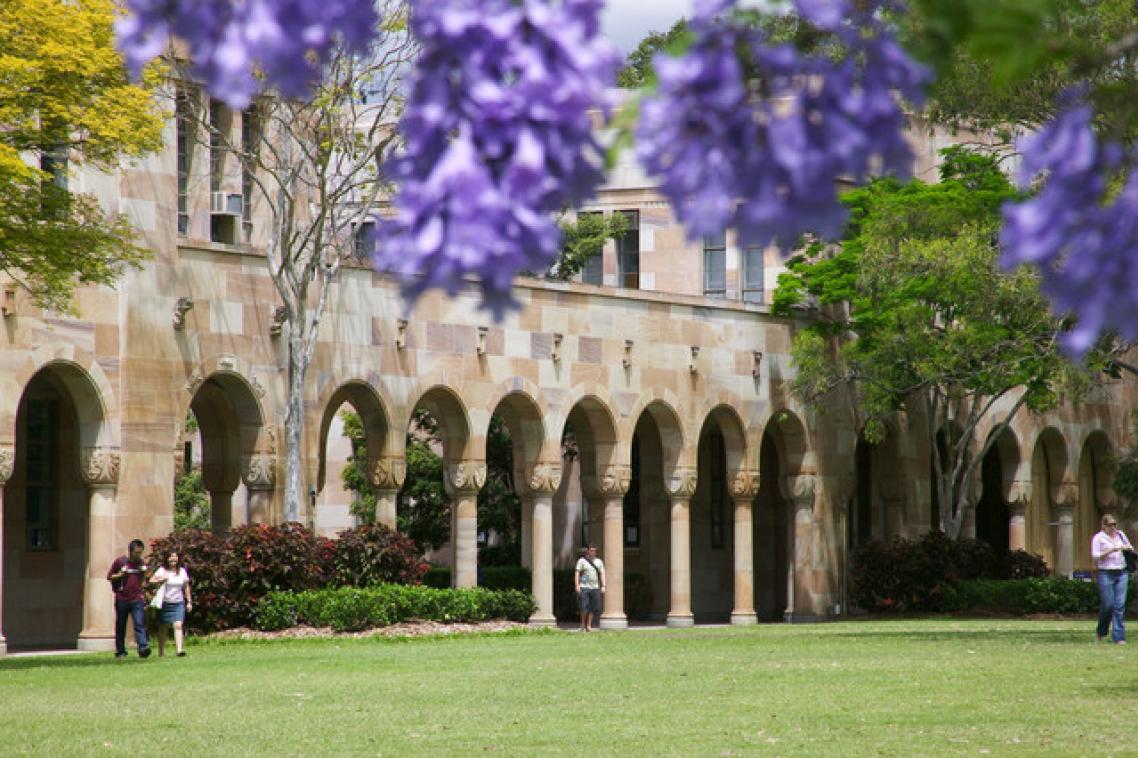Ethicist warns of issues with identifying future drug addicts
Breakthroughs in neuroscience that identify “addiction genes” could bring hope to hard core smokers and drug users, but will also raise disturbing ethical issues, according to University of Queensland Professor Wayne Hall.
Professor Hall, an ethics professor, will invite visiting international and Australian neuroscientists to consider the issues associated with predicting future risk of addiction when he addresses the Addictions 2004 conference starting on Friday, September 24.
“There is increasing evidence that many addictive phenomena have a genetic and neurobiological basis. In fact, the World Health Organisation (WHO) is calling for health policy to be informed by these new discoveries, “ Professor Hall said.
“There are obvious benefits to this knowledge, such as the ability to identify and focus on those people that find it hard to quit smoking. Twenty percent of the population still smoke cigarettes despite our best policy efforts.
“Despite all the efforts of anti-smoking campaigns, and an interest in quitting, many find it difficult to do so. The neuroscientific research that suggests these people have the multiple genes associated with addiction adds weight to argument for better treatments to assist these smokers to quit.
“However, more controversially, prediction of future addiction risk may also be seen to provide a warrant for the use of some pharmacotherapies or drug vaccines under legal coercion, such as for persons addicted to heroin or cocaine.”
Other concerns were invasion of privacy, third party use of neuroimaging data, the power of the courts to coerce defendants to undergo such tests, and consumer protection against over-interpretation of test results, he said.
Addictions 2004 conference chair, UQ Psychiatry Professor, Dr David Kavanagh, said the event aimed to share the work of neuroscience researchers with health practitioners and policy makers.
The Conference will be held from Friday, September 24, to Sunday, September 26, at the Novotel Twin Waters Resort, Noosa. The event is sponsored by Elsevier.
For more information, visit http://www.addiction-conference.elsevier.com, or contact Professor Wayne Hall on (07) 3346 2150 or on (07) 5450 9506 during the conference.
Related articles

VIDEO: Tiny alpaca antibody has big impact on deadly viruses

UQ professor joins WHO advisory group on alcohol and drug use
Media contact
UQ Communications
communications@uq.edu.au
+61 429 056 139
